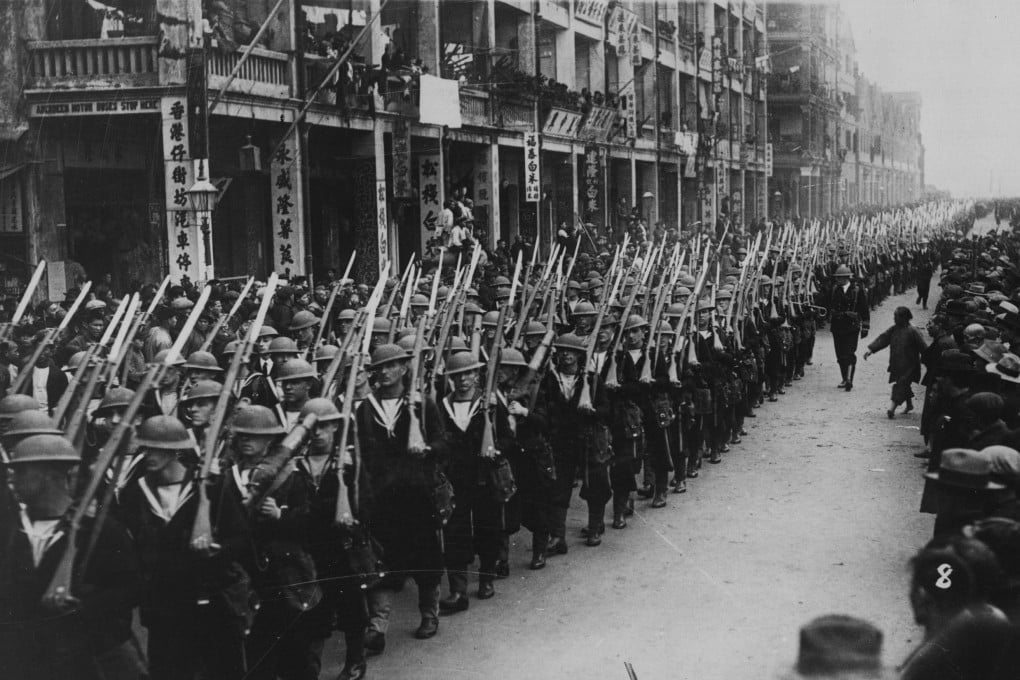Review | A compelling history of a traditional Chinese family in an era of upheaval, House of Kwa transports the reader from Beijing to wartime Hong Kong, Melbourne and Perth
- Mimi Kwa’s grandfather absconded at the turn of the last century with his father’s fourth wife and wed two others; between them they bore him over 30 children
- She was born into racism and a troubled home in 1970s Perth, Australia, but overcame both, helped by visits to her Hong Kong aunties

House of Kwa by Mimi Kwa, pub. ABC Books
At the end of the 19th century, the 16-year-old Ying Kam, embittered that he was not allowed to marry, absconded from the Kwa family household in Beijing with silver taels, rolls of silk and his father’s fourth wife.
Thus begins the story of House of Kwa, by Mimi Kwa, an Australian broadcaster and granddaughter of Ying Kam. This memoir follows her family’s course through the 20th century, in a lively and engaging, if not always historically accurate manner.
Ying Kam arrives in Swatow with a few samples of silk from which he builds a large and respected business. The basis is silk, but it seems there are richer pickings: “Opium to relieve a peasant’s long day slaving for landowners, as well as for an elite bothered by the stresses of managing peasants. Opium for children and wives. Opium for teachers, officials and holy men. It is the shame of a greatly artistic and deeply spiritual people now living in a country sedated.”
However, his stolen bride is infertile. On a shaman’s advice, they adopt their first son, after which his wife produces a series of children. Unsatisfied, Ying Kam marries twice more, to father 32 live-born babies. The last of these, Francis Kwa Tak Lau, is father to Mimi.
Ahead of the invading Japanese, Ying Kam, leaving behind his first wife in Swatow, takes his second and third wives and their children to Hong Kong. During the Japanese occupation (1941-45), the Kwa house, behind Whampoa Dockyards, is largely undamaged but the deprivation and forced collaboration of war take their toll.
